How to Use Tai Chi for Meditation - Moving Mindfulness
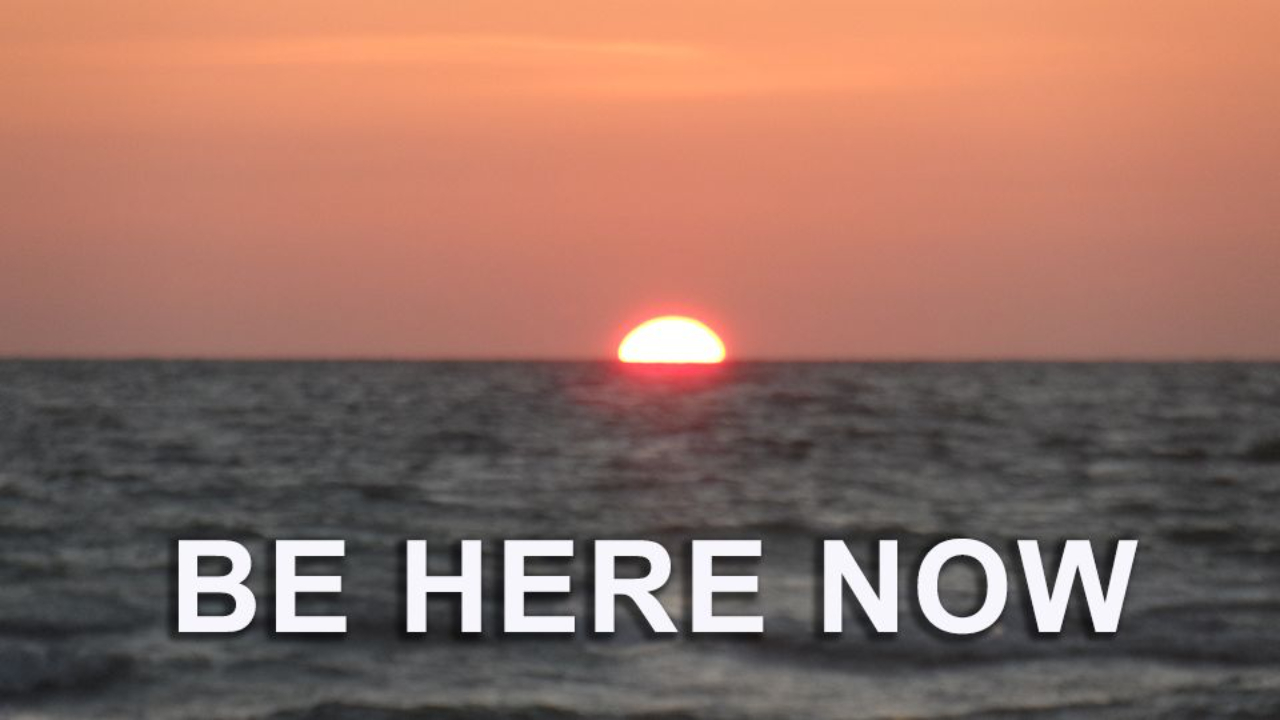
Tai Chi is a martial art, but in the past hundred or so years, the image of Tai Chi has become linked to the concept of "moving meditation," geared toward adults and seniors who want a relaxed way to exercise and improve their health, balance, flexibility, etc.
Those of us who see Tai Chi as a vigorous, athletic martial art are sometimes at odds with those who preach the art as something that will make you "One with the Universe" or will help you "cultivate chi."
I am a chi skeptic. I do not think chi is a scientific reality. After all these centuries, after scientific discoveries that include atoms and quarks and relativity, no one has ever been able to prove that chi is real.
But recently, interviews I have done for my Internal Fighting Arts podcast, and studying I have done on Mindfulness, made me realize there is a happy medium where focusing on the proper body mechanics when performing a Tai Chi form -- the body mechanics that make it martial -- can be combined with Mindfulnes...
A Beautiful Day and A Christmas Tree on a Baby's Grave
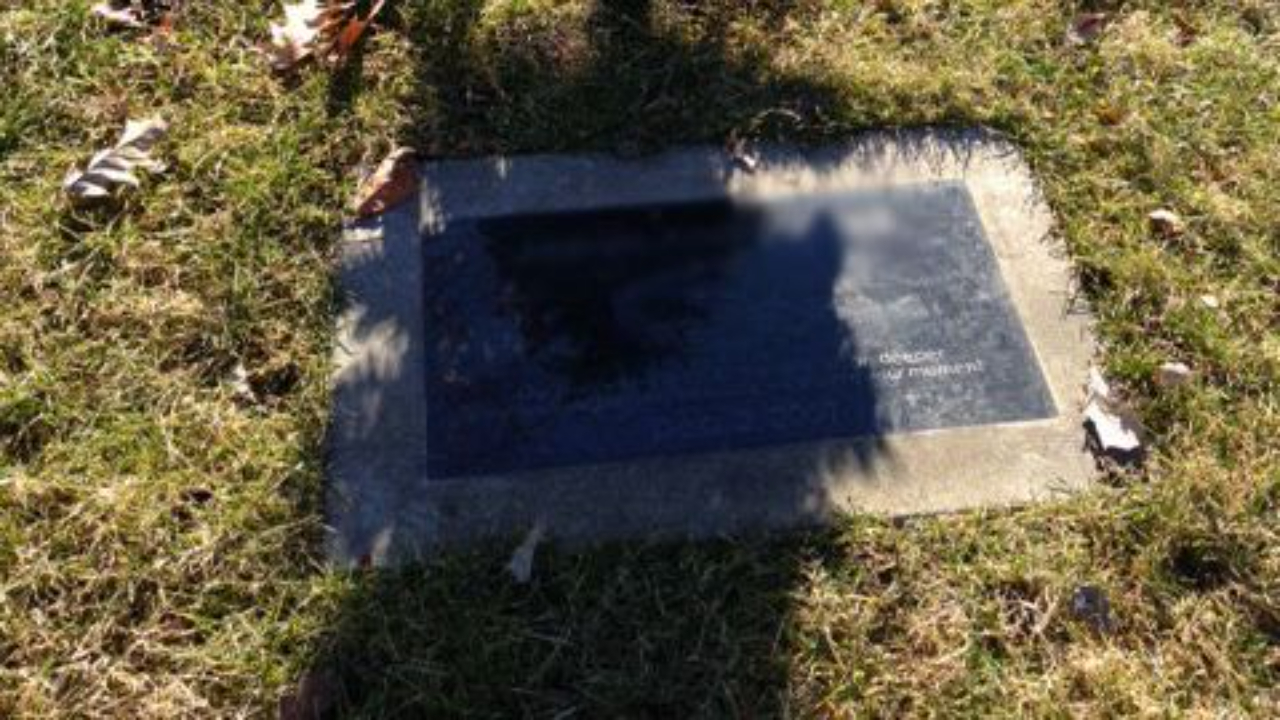

What a beautiful, sunny day it is today! It seems as if the sun has been hibernating behind the clouds for the past two or three weeks, but today, a few days after Christmas, it must have decided to get a little more shining done before the year is over.
It was such a nice day, despite being 28 degrees, Nancy and I took our little dog Minnie for a walk, and we headed down the street to a large, peaceful cemetery with a network of paved roads that serve as a walking path for the neighborhood.
At one point, Nancy noticed a small Christmas tree, about two or three feet tall, that someone had planted in the ground about 15 feet from the path. It was an unusual sight, so I walked across the grass to have a closer look.
The little Christmas tree had been put up next to the grave of a baby who had died just a few years ago.
I read the name on the stone and walked away, but a flood of emotion made me turn and go back, realizing the pain and the love the parents were trying to express dur...
Should We Fear Death - A Philosophical Taoist's View
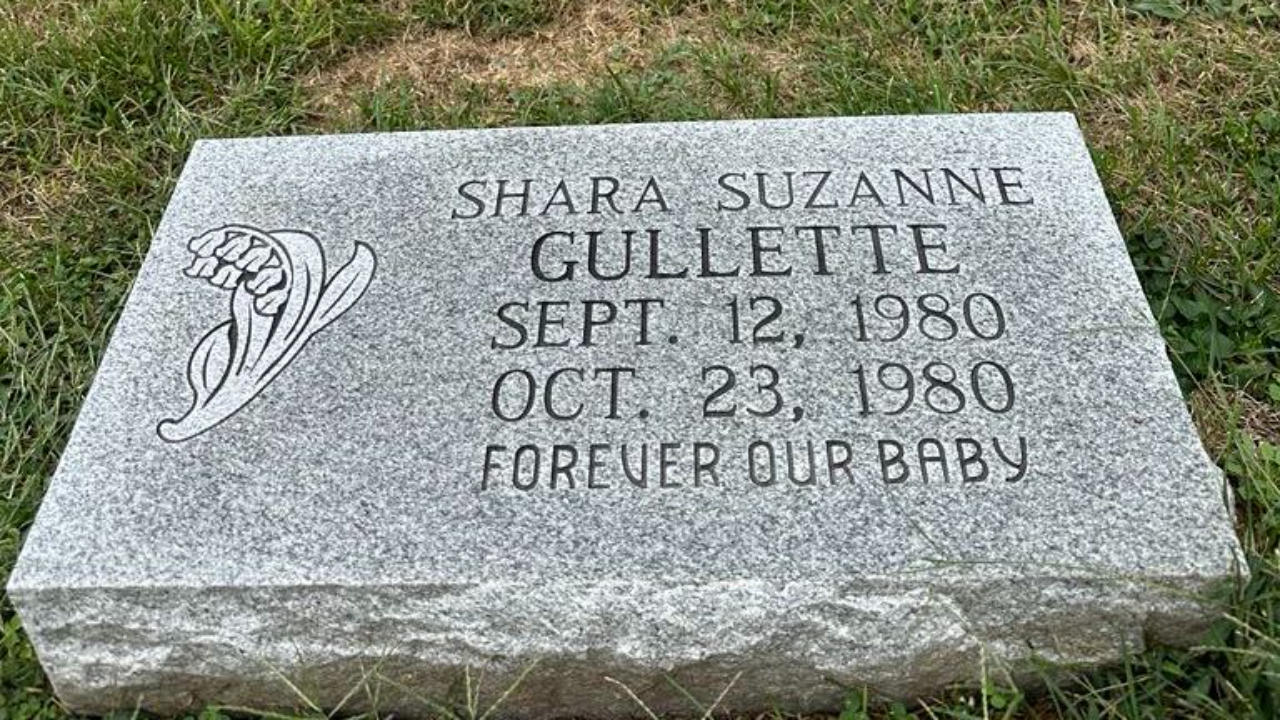
Since I lost the function of my left lung a few years ago, and was told that my heart would wear out within three to five years, the reality of "The End" has been close in a way that can only be understood if you have been given a timetable for your own mortality.
A few weeks ago, when I was told that I was essentially "in heart failure," reality again tapped me on the shoulder.
Also in recent weeks, I have had some interesting debates with a devout Christian friend of mine who believes, I suppose, that I will be cast in the lake of fire since I don't believe Jesus was divine. The way I feel about death is probably a foreign concept to a Christian -- just as their beliefs, the beliefs I grew up with, are now foreign to me.
After 40 years of embracing Eastern philosophies, particularly philosophical Taoism, I can only explain how I feel about death in the following paragraphs.
The moment you were born into this life you cried.
So did I. Everyone does. The doctor pulls us into the...
Bruce Lee was Right - We Need Emotional Content and Shen (Spirit) Too
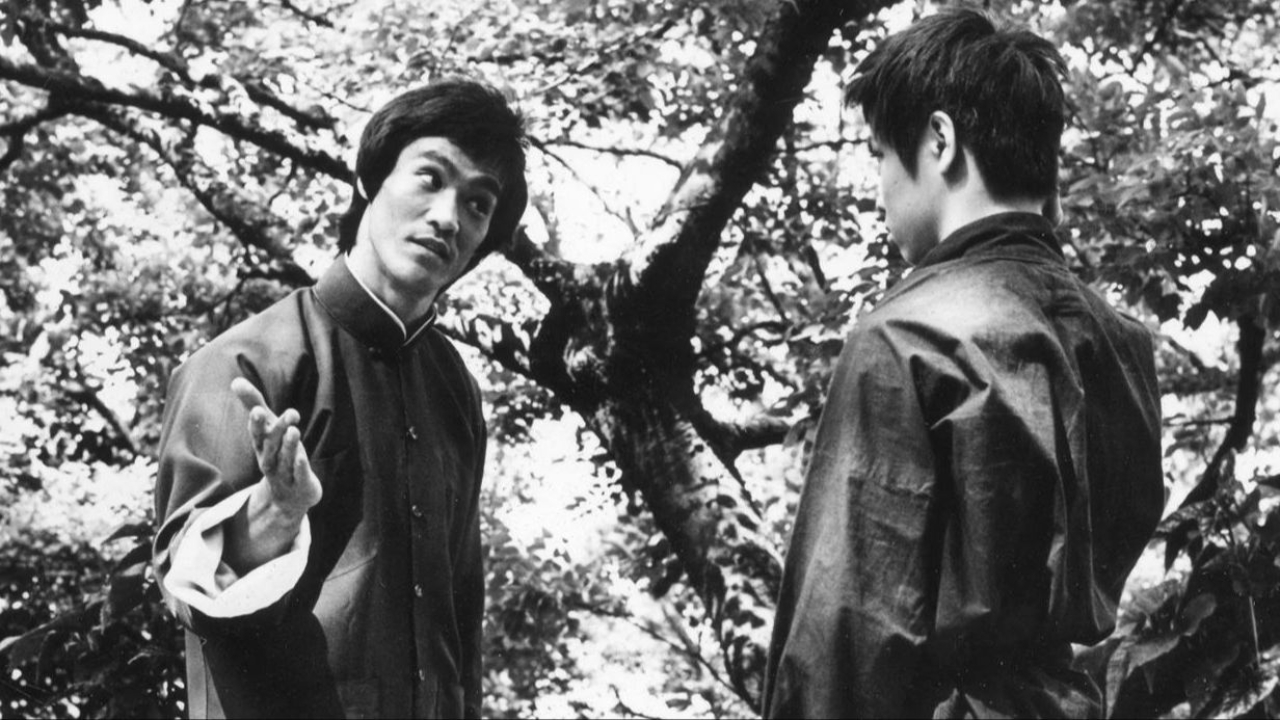
One of my favorite scenes in a Bruce Lee movie is when he lectures a young student about what he perceives as a lack of "emotional content" in the young man's movements.
When I was a younger student, practicing techniques with fellow students, one of my teachers would occasionally warn us to maintain our "spirit." When we received a certificate of rank, the certificate mentioned the "spiritual discipline" involved in achieving the rank.
In Tai Chi, the Chinese term "shen" means spirit. It is not a supernatural spirit -- it is an awareness of your action and a physical fullness that means you are giving it 100%. You are in the moment.
Shen is also translated to mean "heart," but it is the same thing. You are emotionally connected (the heart is often associated with emotion) to the intent of the movement or activity.
It applies to any martial art and it also applies to other aspects of your life, from relationships to work and other activities and endeavors.
How many times have you...
Connecting with Your Opponent - Philosophy in Action
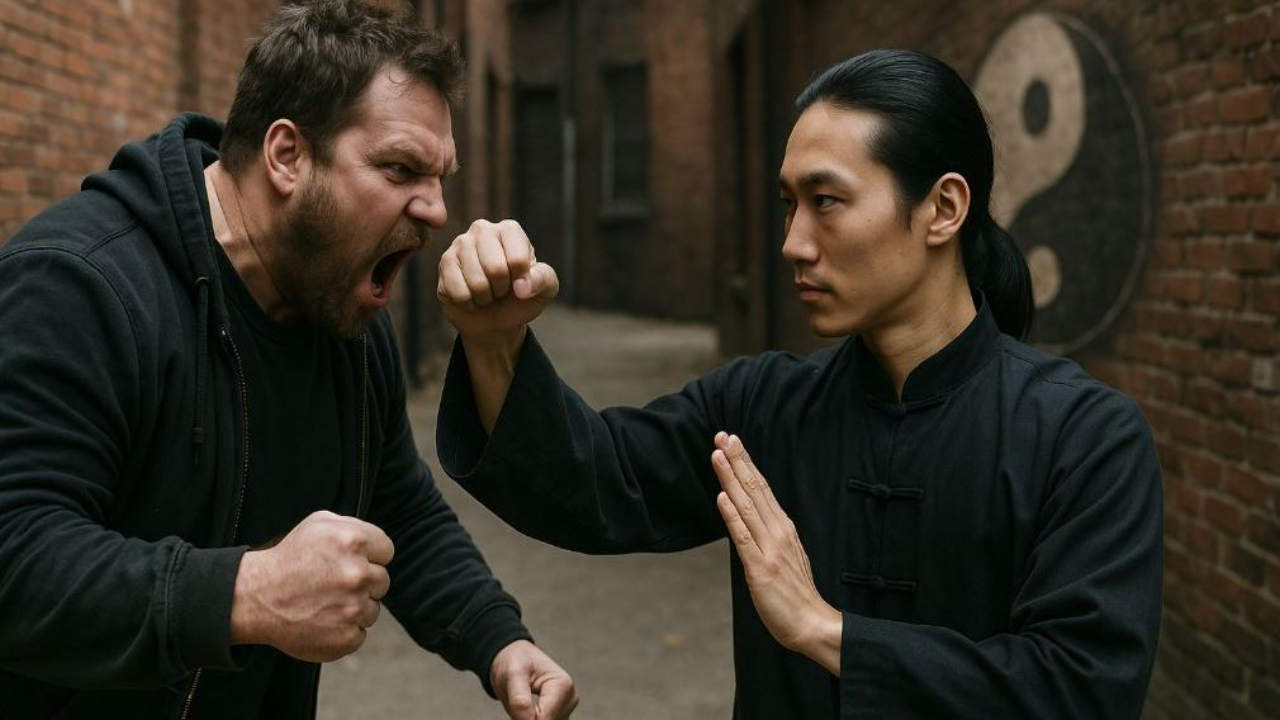
One of the most important concepts in the internal arts is "connecting."
From a philosophical perspective, you should be connected to everything in the Universe. Since you are part of the same energy that created everything, you are connected to it all. Seeing yourself as separate is the first step toward being out of harmony.
From a self-defense perspective, you should connect with your opponent. If someone attacks you, he has stepped out of harmony with the Universe. He will either hurt or kill you, or he will be put back into harmony with nature, which can happen if you are skilled at self-defense.
There is an old saying in Tai Chi -- "My opponent moves and I move faster."
This requires you to connect with your opponent and know his intent almost as fast as he does. To illustrate, I've pulled out a couple of photos taken around 2006.
One of the drills we use is fun and effective. In the top photo, I stand with my palms together and hands extended. My partner stands with his ...
Iron Wrapped in Cotton - Do You Have Internal Strength?
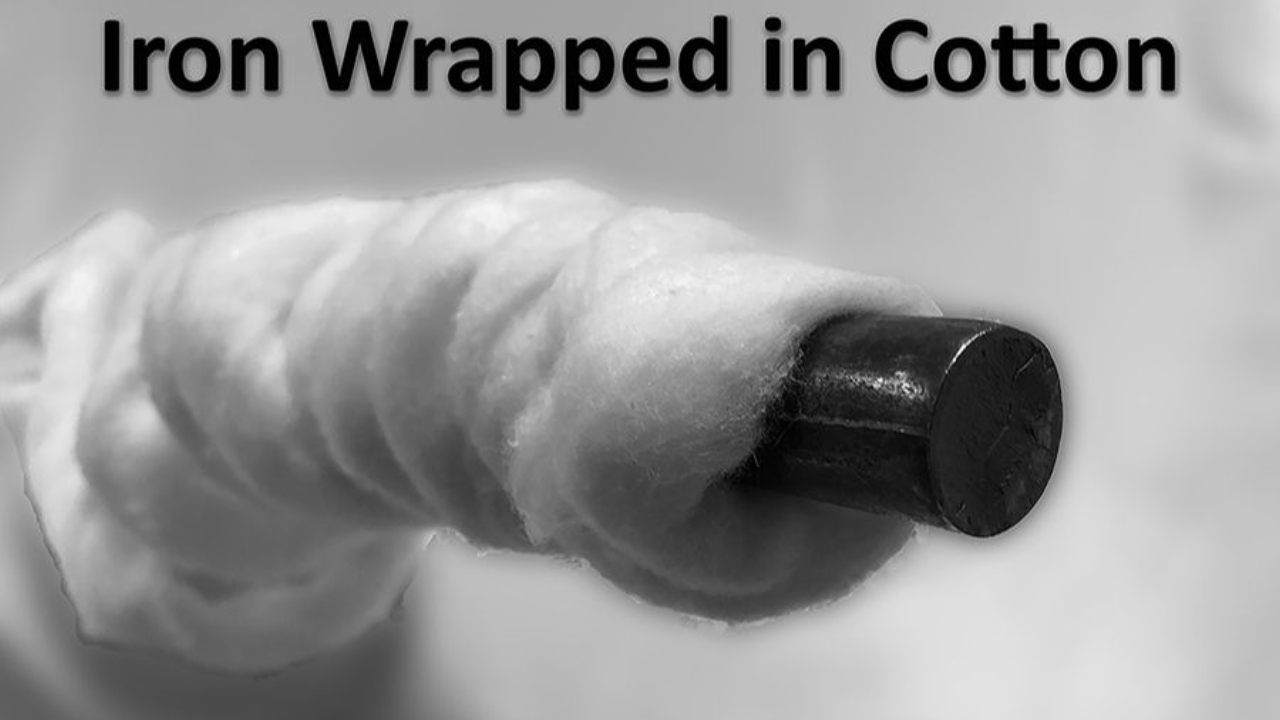
Do you have internal strength?
It has been on my mind a lot during the past couple of weeks as I prepared my first Kindle ebook for publication on that very topic -- Internal Strength for Tai Chi, Hsing-I and Bagua. It provides instruction on two basic skills for the internal arts -- establishing the ground path and using peng jin.
That allows you to begin developing relaxed power -- internal strength.
So we are supposed to take what we learn in the martial arts and also apply the principles to our daily lives, aren't we? It's not just for combat, you know.
Let's look at the concept of internal strength.
Do you have a philosophy that gets you through the rough patches in your life? Perhaps it's not philosophy but theology -- religion, faith in a higher power -- Buddhism, Christianity, Hinduism, Islam, or one of countless others.
Perhaps you have a philosophy that provides a lens through which you look at the ups...
Take Martial Arts and Self-Defense to a Higher Level
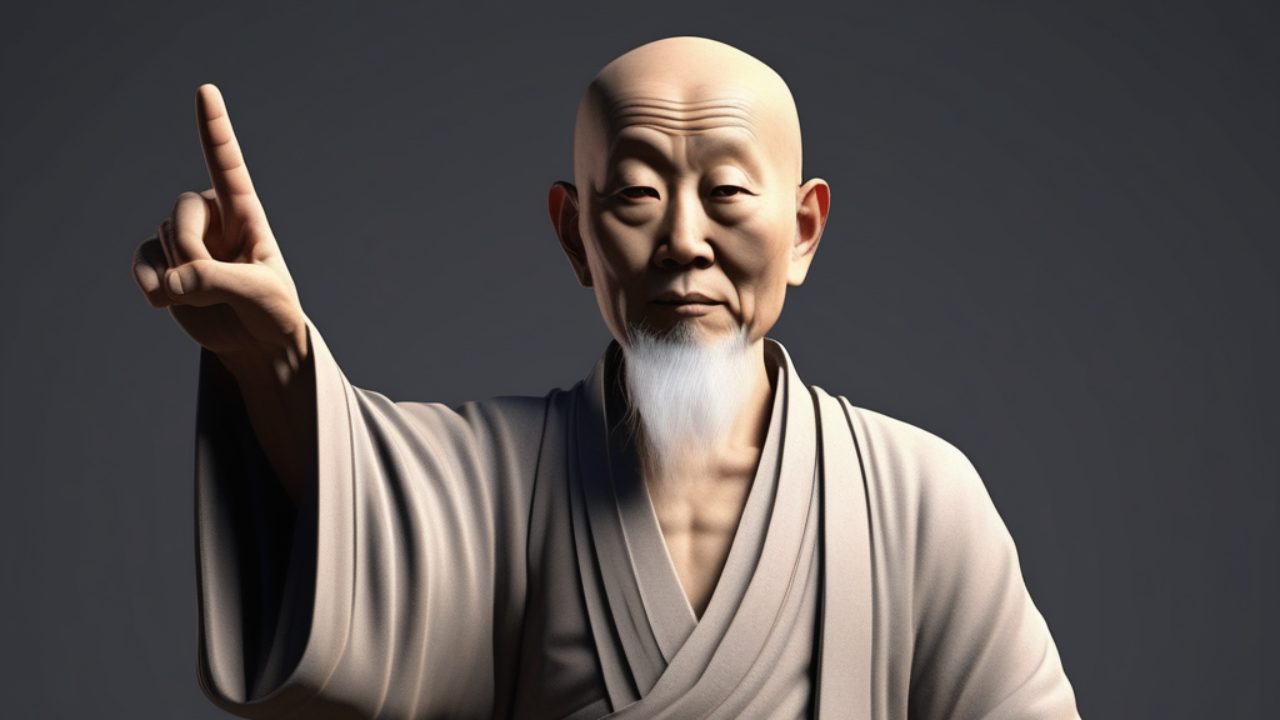
I receive messages occasionally from anonymous Internet trolls who see my YouTube videos and make comments such as, "How will that work against an MMA fighter," or most recently, "What good is a sword going to do you in a street fight?"
Insert deep sigh here.
When I was young, I thought you studied martial arts to learn how to kick major bootay. I wanted to feel safe everywhere.
It was shallow thinking. There is a lot more to martial arts than fighting. But you can't expect young people to think at a higher level. That takes time, experience, and study.
I am not a religious man and I do not believe in invisible beings. I don't believe invisible beings are watching us, guiding us, controlling what happens (saving us from accidents, etc.) or planning to judge us when we die.
But I am a spiritual person. I believe in being kind to people, helping those less fortunate, and treating everyone I meet with friendship, humor, and cooperation. I believe in treating my wife with love and r...
A Life-Changing Book for All Martial Artists and Human Beings
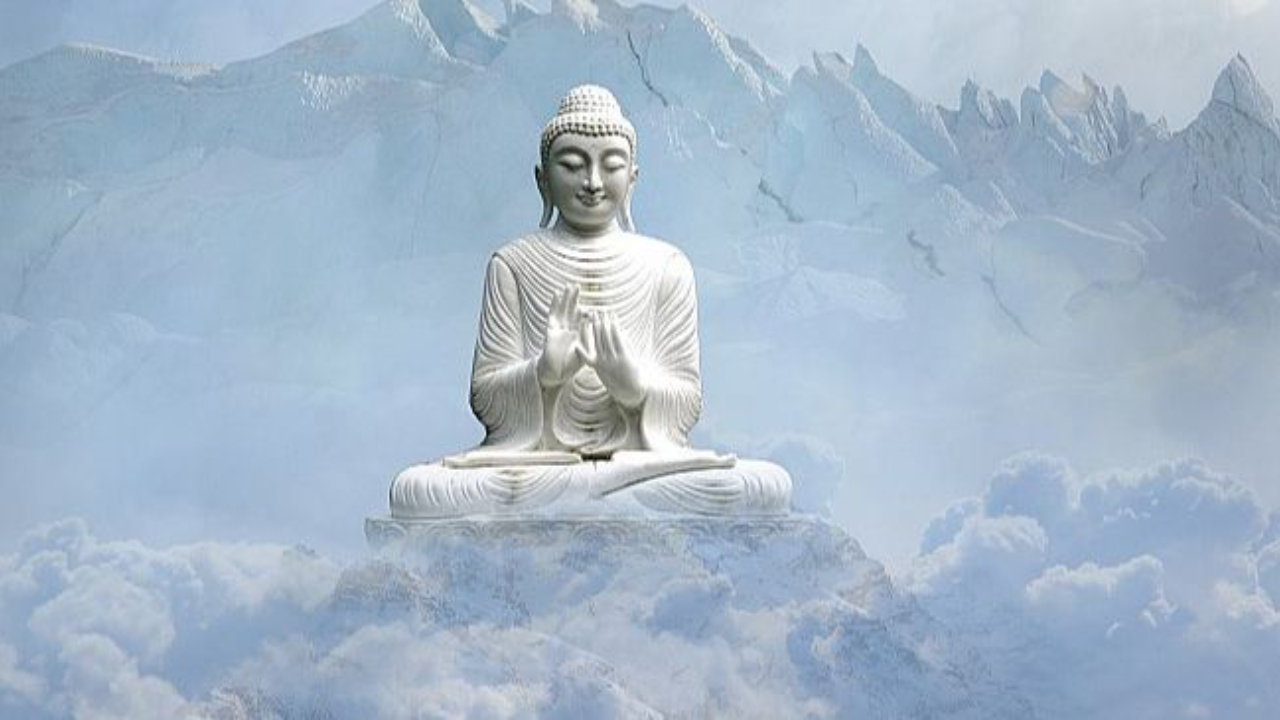
I grew up in a fundamentalist Christian church, with a fundamentalist Christian mom. I was told from the day I was born that I believed in Jesus Christ as our Savior, and I didn't question it.
Until I saw the Kung Fu TV show around 1972. I started watching for the kung-fu fighting, but found myself drawn to the flashbacks -- the morality tales with the wonderful monks teaching Young Caine valuable lessons. The monks were Master Kan, played by the wonderful Philip Ahn, and the blind Master Po, played by Hollywood veteran Keye Luke (who played "Number One Son" in Charlie Chan movies in the 1930s).
The lessons were soothing and thought-provoking. When Caine questioned his own bravery, Master Kan said, "The deer runs from the lion. It is not cowardice. It is the love of life."
When Young Caine and another young monk-to-be were robbed by a con man on the way to town, Master Kan asked the other young man what he learned from the ordeal. "Never trust anyone," the young man said angrily. ...
Returning to Center -- the Goal of Self-Defense and Life

We were videotaping a lesson for the instructional website a few days ago -- basic principles of stepping in Hsing-I Chuan.
You begin in San Ti, and whatever you do next, your ultimate goal is to establish balance and return to San Ti.
You can attack, defend, take your opponent's ground (one of the primary objectives in Hsing-I), but as soon as possible, your mission is to return to San Ti.
The same is true in Tai Chi. An opponent attacks -- force comes in. You relax, adapt, neutralize the force, counter, all the while seeking to return to wuji - absolute balance, centered both physically and mentally.
Bagua is the same. As you change and adapt to multiple attackers, you try to maintain your center, capture and control the center of your attackers, but with each movement, your ultimate goal is to return to the centered dragon stance.
Wuji is a state of absolute balance -- of nothingness. From a martial perspective, it's a state of supreme awareness within relaxation. Once you ...
Taoism and the Martial Arts - Taoism is Not Passive
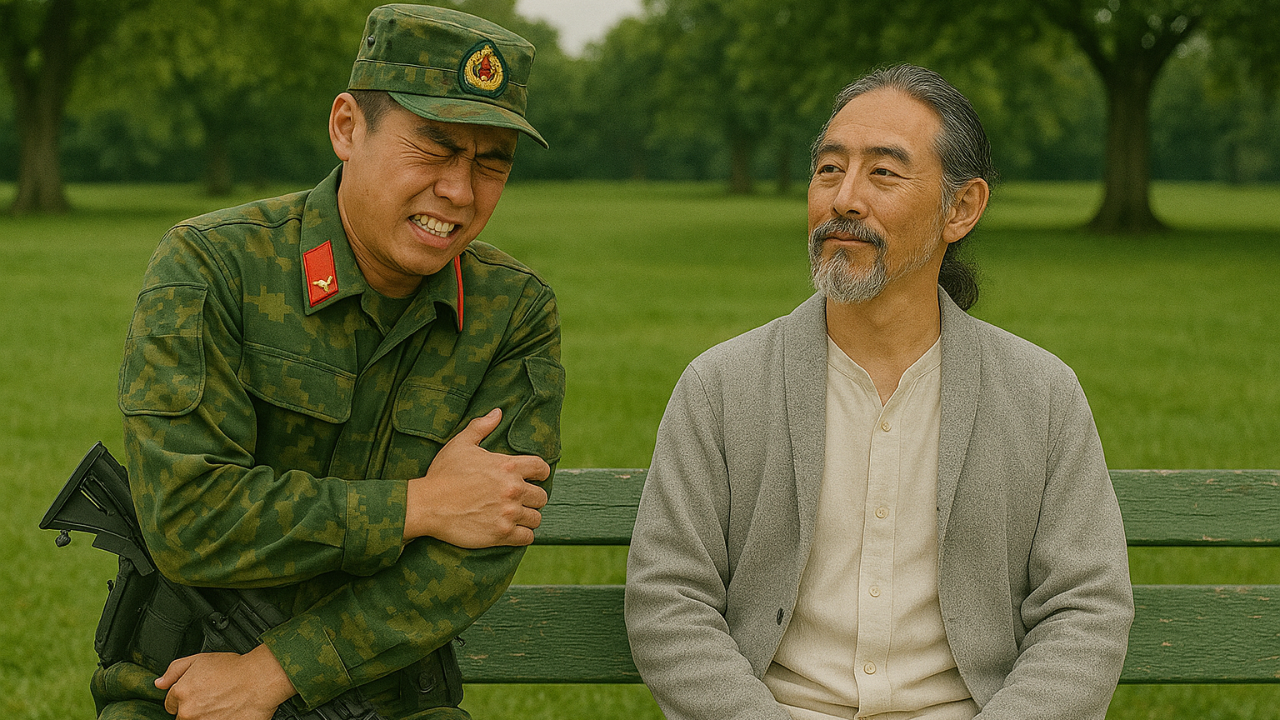
Taoism is not passive.
To follow the Way does not mean you allow yourself to be abused, and it certainly doesn't mean that you stand by and allow others to be abused.
There is a story that I love:
---------------------------
Two elderly Chinese gentlemen are sitting on a park bench, enjoying the day. One follows Taoism, the other Confucianism. A soldier comes into the park and, being filled up with his own power and self-importance, he begins scolding the old men and shouting for them to leave.
To drive home his rage, the soldier strikes the old Confucian, who apologizes, gets up, and quickly walks away. Those who follow Confucianism are guided by duty, and see themselves as subservient to the government and authority figures.
Seeing the Taoist still sitting on the bench, the soldier raises his hand to strike.
The Taoist gentleman deflects the blow and with one quick movement, breaks the soldier's arm. The soldier scampers away in pain, while the old man remains seated on the ...
